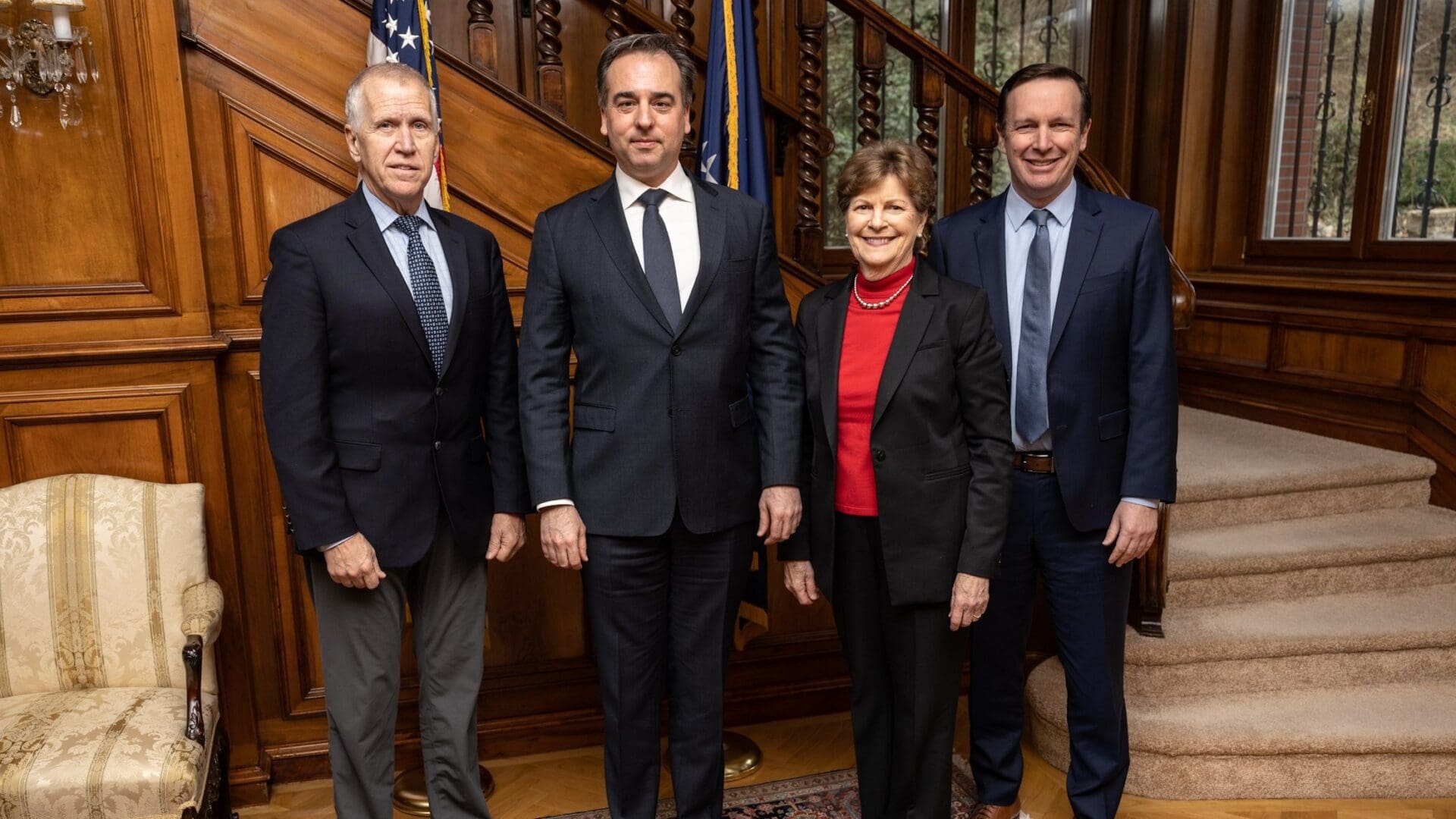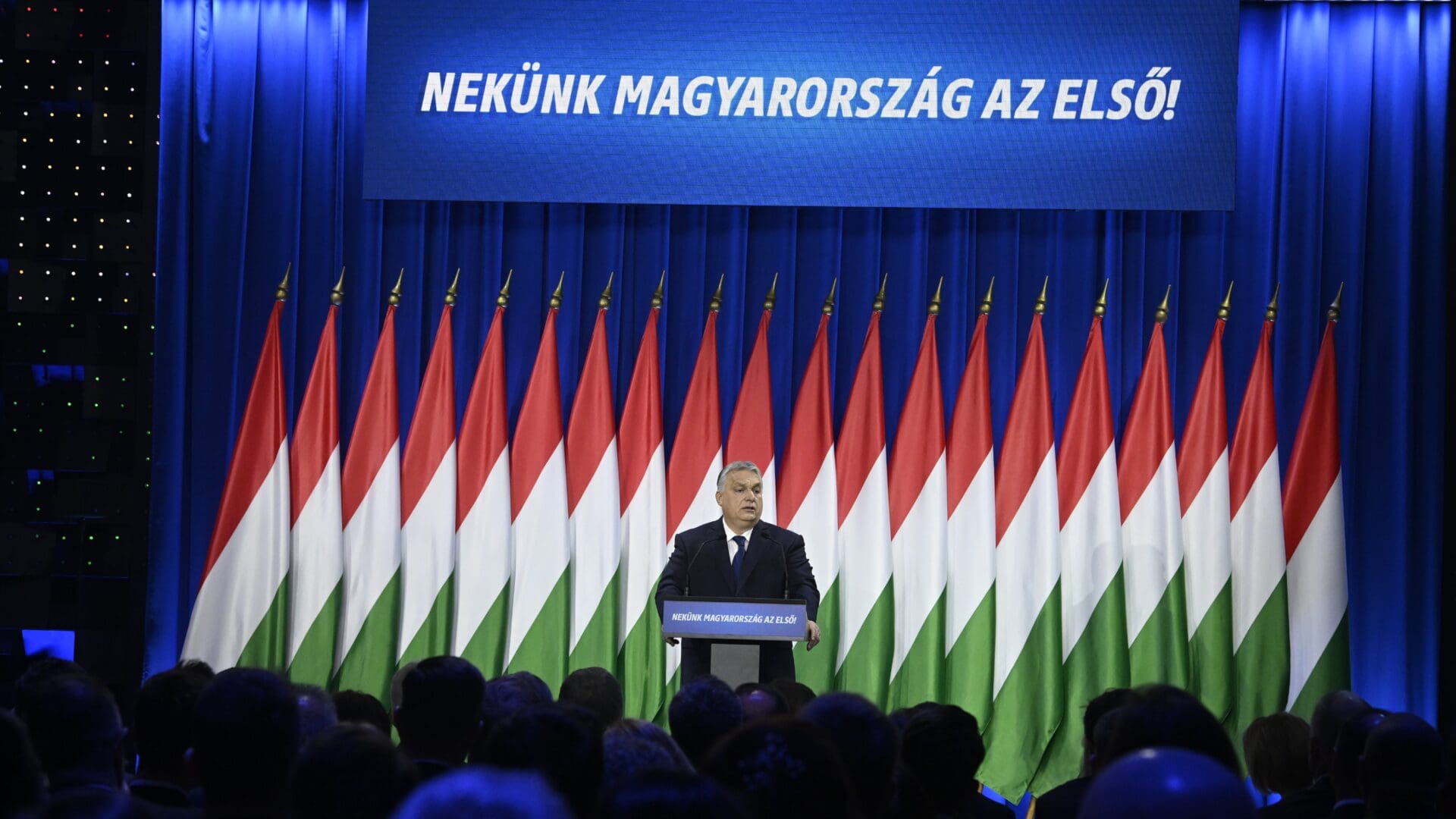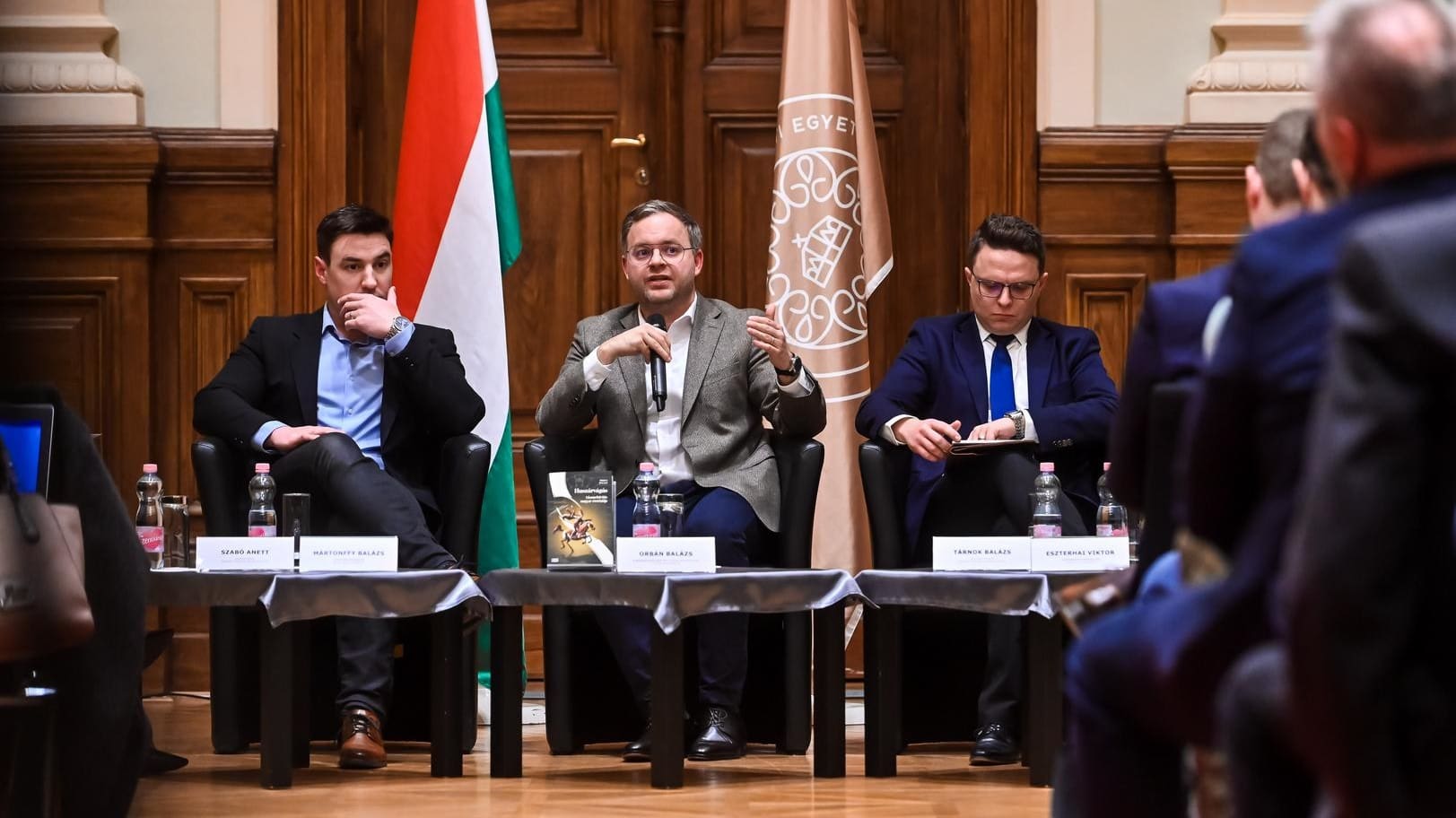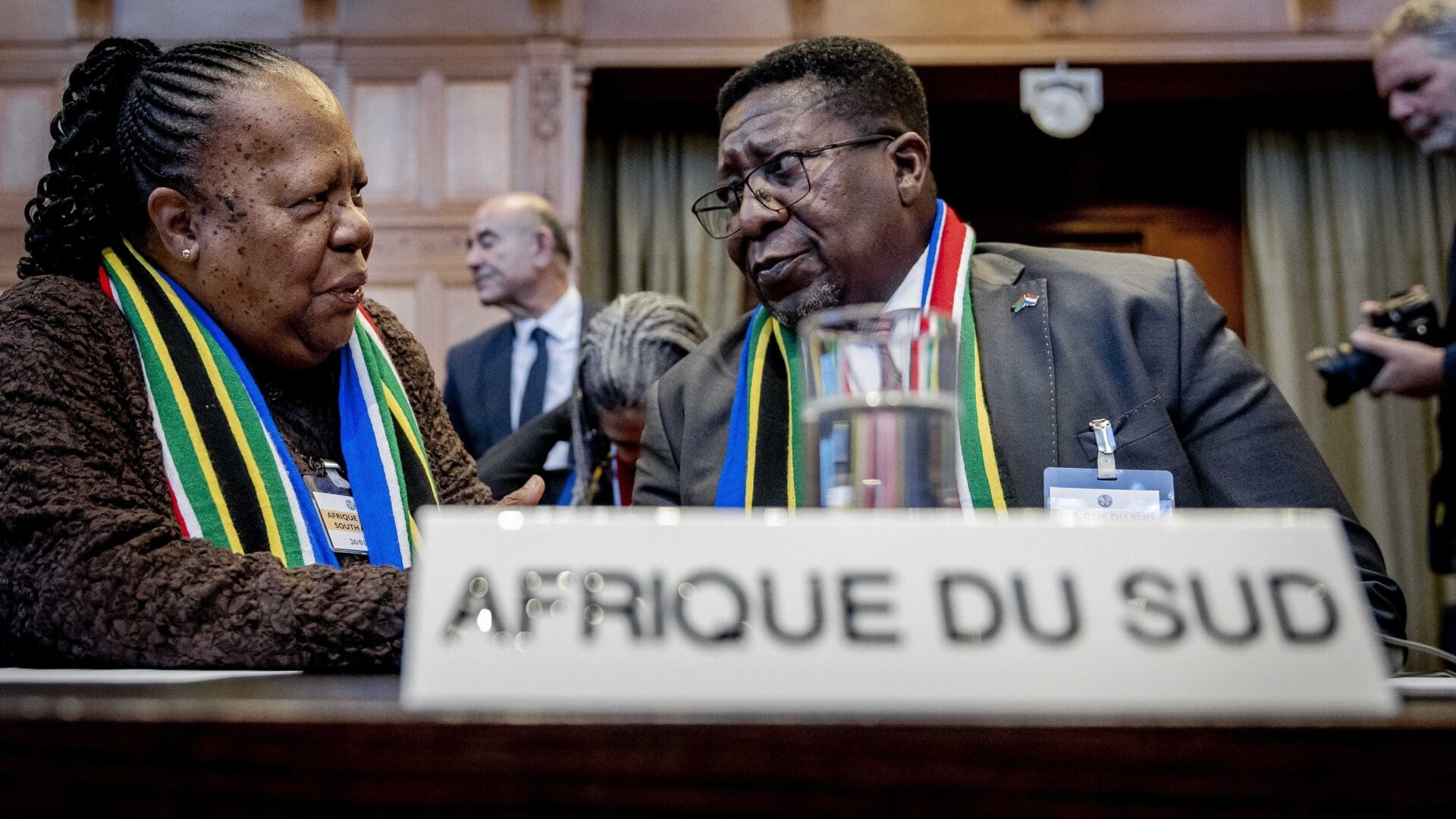
Bryan Adams Set to Rock Hungary Again for the Seventh Time
The star last visited Hungary in September 2019. This year, he will perform at the MVM Dome in Budapest on 14 October.

The star last visited Hungary in September 2019. This year, he will perform at the MVM Dome in Budapest on 14 October.

A bipartisan US Senate delegation visited Budapest over the weekend to exert pressure on the Hungarian parliament to advance the ratification of Sweden’s NATO membership. The senators also held consultations with opposition politicians and NGO representatives, and are planning to propose a resolution condemning Hungary.

On Saturday, 17 February, Viktor Orbán delivered his 25th State of the Nation address, which was centred around topics such as the scandal surrounding President Katalin Novák, the reinforcement of the child protection system, Hungary’s relationship with the European Union, and the forthcoming EU and US elections.

‘While Hungary and Poland ensure their reactionary abilities remain strong through their respective memberships in NATO, the rapidly developing world of cyber affairs and the dangers they come with require a proactive approach to avoid potential vulnerabilities in national infrastructure. Budapest has already begun to implement such an approach.’

‘Only the West killed God, and they did it twice for good measure: once on the cross, and more recently via the Enlightenment project to transform the world through progress, secularism, and science, rendering religion either rational or irrelevant.’

The Prime Minister’s political director Balázs Orbán held a book launch at the Ludovika University of Public Service in Budapest. The new book, now also available in English, looks at the changing geopolitical world order as well as Hungary’s role and place in it.

Hungary and Czechia have been the only members of the EU that have consistently declared support for the Israeli government, both before and since the 7 October massacres. Last December, they were among the ten nations that voted against a resolution at the UN General Assembly calling for a ceasefire in Gaza.

US foreign policy is set ‘to remain volatile and subject to disruption with changes of government and the whims of the political class. For a country like Hungary—arguably lacking the same geopolitical leverage vis-à-vis Washington—the Salvadoran reality might not offer a blueprint, but it does present a lesson’, our contributor Michael O’Shea argues.

The MCC University Programme is unique in Europe, offering small-group, personalized training covering multiple disciplines, complementing traditional higher education in Hungary. Many young people participating in the programme enrol in MCC training already in primary school, becoming part of a cohesive community.

While South Africa alleges that Israel has committed genocide in Gaza, it failed to condemn some of the most severe human rights abuses of our times in the past. Pretoria’s assertion that its engagement to prevent grave human rights violations, fulfilling its responsibilities ‘under a treaty obligation to prevent genocide from occurring’ is a political stunt and a blatant attempt to exploit the international legal system.

Hungarian Conservative is a quarterly magazine on contemporary political, philosophical and cultural issues from a conservative perspective.